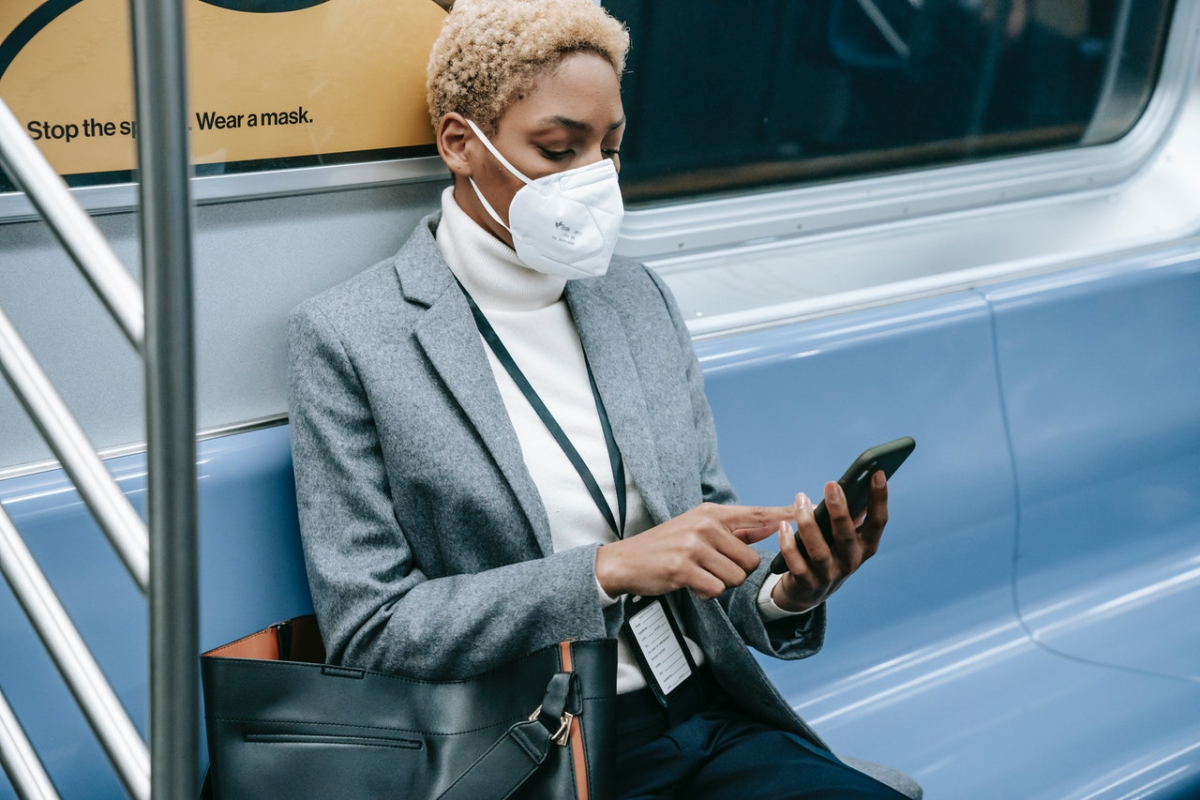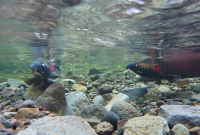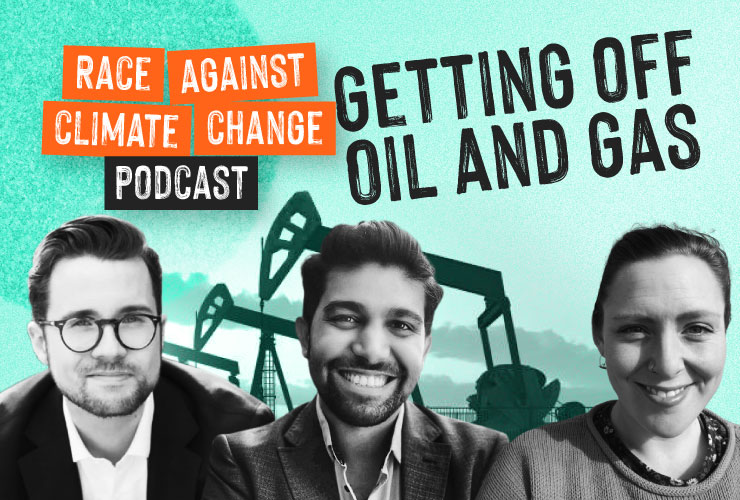Support strong Canadian climate journalism for 2025
If Hollywood is looking for the next big remake, it ought to consider a COVID-19 spin on the 1993 comedy Groundhog Day. This time, Bill Murray can play a public health official who repeatedly tells politicians what they need to do and watches as they repeatedly fail to do it.
That might be uncomfortably close to reality, as our collective response to the Omicron variant is showing. And if our leaders don’t start acting with the sense of urgency this situation requires, that remake could quickly shift from comedy to horror flick.
They’re surely wary of being seen as overreacting by a COVID-weary public, especially in the midst of the Christmas season. But one of the key lessons of the last 18 months is that it’s better to move quickly and make a few mistakes than wait for the virus to show you just how bad things can get. That’s especially true with Omicron, which appears to spread far more quickly than any of the preceding variants. While it may be less immediately lethal than the Delta variant, that will only buy us time we’re already wasting.
“A faster-spreading virus — through some combination of transmissibility and immune evasion, which Omicron has — is almost always far more harmful than a slower-spreading and equivalently more severe one,” write Blake Murdoch, a senior research associate with the University of Alberta’s Health Law Institute, and Christopher McCabe, a professor in its faculty of medicine. “That's because severity is linear and transmissibility is exponential. Omicron need not be more severe than Delta to do more damage.”
I know, I know. You’ve probably gotten at least two doses of a vaccine already (you have them, right?) and you’ve been taking precautions to avoid exposure to the virus. Now, as COVID threatens to spoil a second holiday season, the prospect of more restrictions or voluntary precautions probably seems about as appetizing as a slice of stale fruitcake.
The shared sense of COVID fatigue out there right now is palpable — and understandable. We’re all worn down at this point, to varying degrees, by the waxing and waning of the virus. But know this: as tired and demoralized as you are, the doctors and nurses we all depend on feel that much more deeply. They’re exhausted to a degree that even they probably didn’t realize was possible, and they work in a field notorious for treating burnout like a badge of honour.
What makes this wave even more demoralizing than the last ones is that we know exactly what we need to do and now have most of the tools to do it. Back in March 2020, we were surrounded by what Donald Rumsfeld once called “known unknowns” — whether vaccines could be developed fast enough, whether they would work and whether enough people would take them in a timely fashion. We didn’t know if it was spread by droplets or if it was airborne, and we didn’t really know how effective masking and social distancing would be.
This time, we have the vaccines. This time, we have the rapid tests. This time, we know the virus is spread by aerosols. This time, we know wearing masks works — so well, in fact, it can drastically reduce the risk of viral spread. And this time, we know improving ventilation is crucial, especially in high-traffic areas like schools and workplaces.
This time, all we’re missing is political leadership.
We need our elected officials to err deliberately on the side of excessive caution rather than worrying about how a small clutch of holdouts and anti-science radicals will respond. Throughout the pandemic, provincial governments have been chasing their own tails, responding to surges in the virus (and in some cases, like Alberta’s “best summer ever,” helping to fuel them) rather than trying to get ahead of them with aggressive preventive measures.
This time, given the level of infectiousness and the possibility Omicron can evade some of the protection offered by vaccines, they need to throw everything they have at this to avoid the worst-case scenario instead of waiting for it to take hold.
Fat chance of this happening, though.
That’s especially true in Ontario, where Doug Ford still seems far more focused on what implementing new measures will mean for his re-election chances next spring. Yes, he’s finally decided to accelerate the rollout of booster doses, but even that wasted days we may not have.
As Toronto Star columnist Bruce Arthur wrote, “This is an emergency, and every day we wait is a force multiplier.”
In this COVID-19 remake of Groundhog Day, the lessons will keep getting taught until our leaders finally find a way to learn them. For the rest of us who are forced to keep watching it, all we can do is hope the movie ends eventually.






Comments
Well put Max.
And the elephant in the room is Long Covid and what the virus does to our bodies outside of our lungs